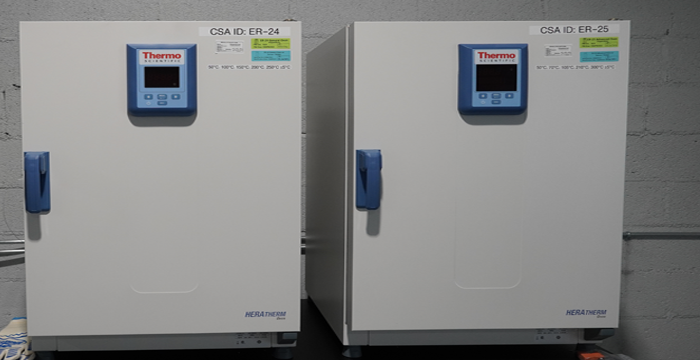Implementation of accelerated aging studies can be a valuable way to determine performance and shelf-life data on new products and their package systems. This approach utilizes aggravated conditions of heat, humidity, and other environmental variables to help determine the long-term effects of the expected levels of stress in a much shorter (accelerated) time frame. This type of test cycle can be critical in establishing the expected lifecycle of a product and its container and package system during initial development and validation.
Studies addressing system performance can be integrated, assessing concepts like seal strength, cosmetic attributes, and container closure integrity (CCI) over time. Studies that address individual components that make up a package system may also be directly targeted as part of an accelerated aging study and including an accelerated aging study as part of the component qualification process may prevent qualification and compatibility issues at the later stages of the product lifecycle.
The most common accelerated aging standard used is ASTM F1980 “Accelerated Aging of Sterile Medical Devices” and is based on the basic principle and assumption that for every 10oC (18oF) above ambient temperature, the aging rate is doubled. The ASTM method dictates that ambient temperature is assumed to be 20oC.
While the FDA (Food and Drug Administration) has issued a handful of product guidance documents that incorporate accelerated-aging methodologies, no official, broad-form agency policy currently exists. As a result, many medical product manufactures adhere to the ASTM F1980 method or develop custom accelerated-aging studies based upon their specific product and package system and what its intended use and expected shelf life should be.
The CS Analytical Team can assist in implementing the ASTM F1980 method or help design a custom accelerated aging program. We offer a variety of chamber storage conditions, validated for their conditions of use and part of a dedicated back-up power grid to insure against unexpected interruptions or excursions.


